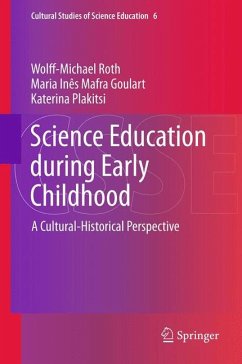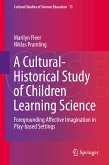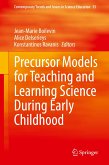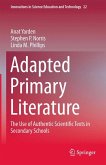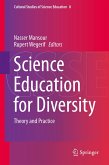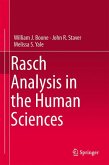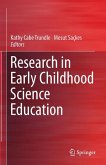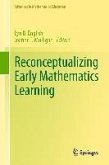The authors describe and analyze the ways in which children aged from one to five grapple with scientific concepts, and also suggest ways in which pre-service and in-service teachers can be prepared to teach in ways that support children's development in cultural and historical contexts. In doing so, the book affirms the value of cultural-historical activity theory as an appropriate framework for analyzing preschool children's participation in science learning experiences, and shows that that the theory provides an appropriate framework for understanding learning, as well as for planning and conducting training for pre-school teachers.
Dieser Download kann aus rechtlichen Gründen nur mit Rechnungsadresse in A, B, BG, CY, CZ, D, DK, EW, E, FIN, F, GR, HR, H, IRL, I, LT, L, LR, M, NL, PL, P, R, S, SLO, SK ausgeliefert werden.
"As there is so little available on the topic of science during the preschool years, the authors have made a successful attempt to fill the gap with this title. This book, which combines practical work for students and teachers, will be useful for all those who work in the early childhood sector as teachers or teacher educators. ... I would recommend this study to both teachers in practice and also student teachers. ... A sure sign that there is plenty to gather from this text." (Sujatha Gomathinayagam, hekupu.ac.nz, Vol. 3 (2), March, 2013)

